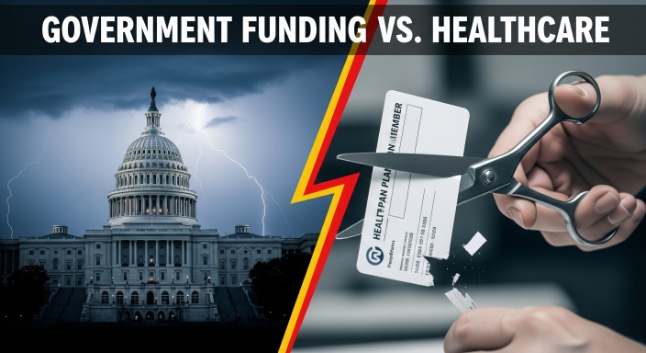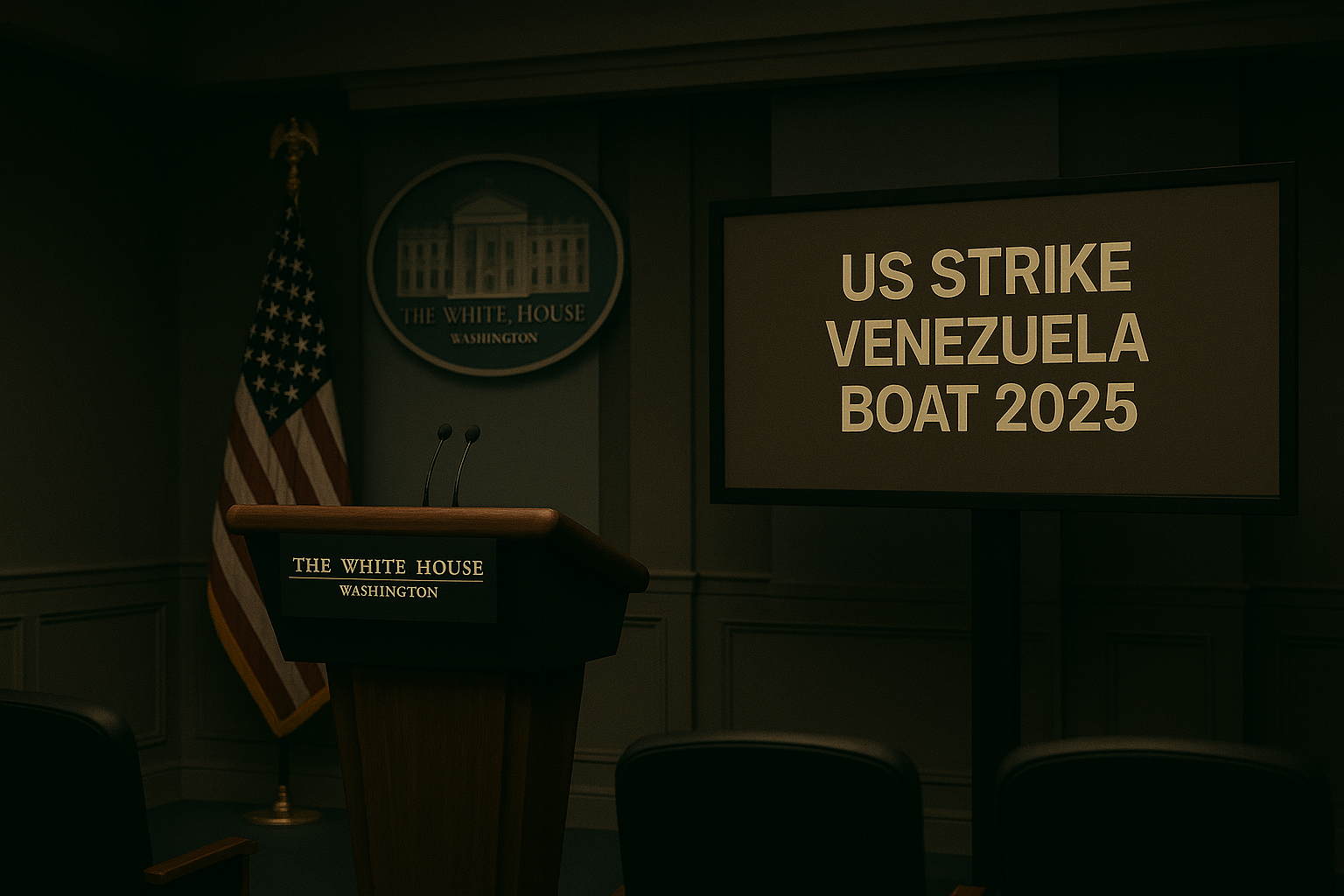The latest Republican shutdown plan has been unveiled, but its hopes of averting a government shutdown are already collapsing under the weight of one critical, alarming flaw. House Republicans have tied their short-term funding proposal to a controversial measure that would block key health insurance tax credits for many Americans. The move was immediately rejected by Senate Majority Leader Chuck Schumer, who labeled it a “non-starter,” pushing the deeply divided Congress one step closer to a damaging and unnecessary shutdown.
A “Poison Pill”: The Critical Flaw in the Republican Shutdown Plan
At the heart of the conflict is the Republican proposal to include a “poison pill” policy rider in the stopgap bill. While the bill would temporarily fund the government, it would also prevent the IRS from issuing tax credits to individuals who get health insurance through plans that cover abortion services, with very limited exceptions. For Democrats, this is an unacceptable attack on healthcare access. Chuck Schumer made it clear that the Senate would not even consider a bill with such partisan additions, demanding a “clean” funding bill free of policy fights.
Millions Could See Healthcare Costs Rise
This political fight has real-world consequences. The health insurance tax credits, part of the Affordable Care Act, help millions of low- and middle-income Americans afford their monthly insurance premiums. The Republican proposal would create chaos in the insurance marketplace and could lead to higher costs or loss of coverage for many, injecting deep uncertainty into the healthcare system just as the government is on the verge of a shutdown.
The Scale of the Standoff: A Government on the Brink
The failed Republican shutdown plan highlights the vast gulf between the two parties as the deadline to fund the government approaches. The standoff is defined by fundamentally different approaches to governance.
- The Republican Proposal: A short-term funding bill that includes conservative policy wins, in this case, targeting healthcare.
- The Democratic Position: A “clean” stopgap bill with no partisan policy changes, allowing the government to stay open while longer-term budget negotiations continue.
- The Impasse: With Republicans insisting on policy riders and Democrats refusing to accept them, there is currently no viable path forward to avoid a government shutdown.
- The Consequence: If no agreement is reached, federal agencies will close, services will be disrupted, and hundreds of thousands of federal workers will go without pay.
A Familiar Pattern of Political Brinkmanship
This high-stakes standoff is a familiar pattern in Washington, where one side attempts to use the threat of a government shutdown as leverage to force through its policy agenda. The Republican Study Committee, a large group of conservative House members, is driving this strategy, arguing that they must use every opportunity to advance their priorities. However, critics argue this approach holds the entire country hostage to partisan demands and prevents the basic functioning of government.
What Happens Next? The Clock is Ticking
With Chuck Schumer’s swift rejection, the ball is back in the Republicans’ court. House Speaker Kevin McCarthy is caught between the demands of his conservative flank and the political reality that any bill that can pass the Democratic-controlled Senate must be bipartisan. As the deadline nears, the pressure will mount on both sides to find a compromise. For now, however, the rejection of the Republican shutdown plan has only increased the odds that the government is heading for a shutdown.
Conclusion
The latest Republican shutdown plan was dead on arrival, doomed by a critical flaw that was entirely predictable. By attempting to use a must-pass funding bill to launch an attack on health insurance tax credits, Republicans have alienated their Democratic counterparts and pushed the government closer to the edge. As the clock ticks down, the American people are left to watch and wonder if their elected leaders will choose compromise over chaos or if political brinkmanship will once again lead to a costly and damaging government shutdown.






